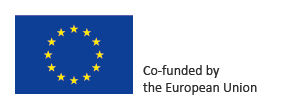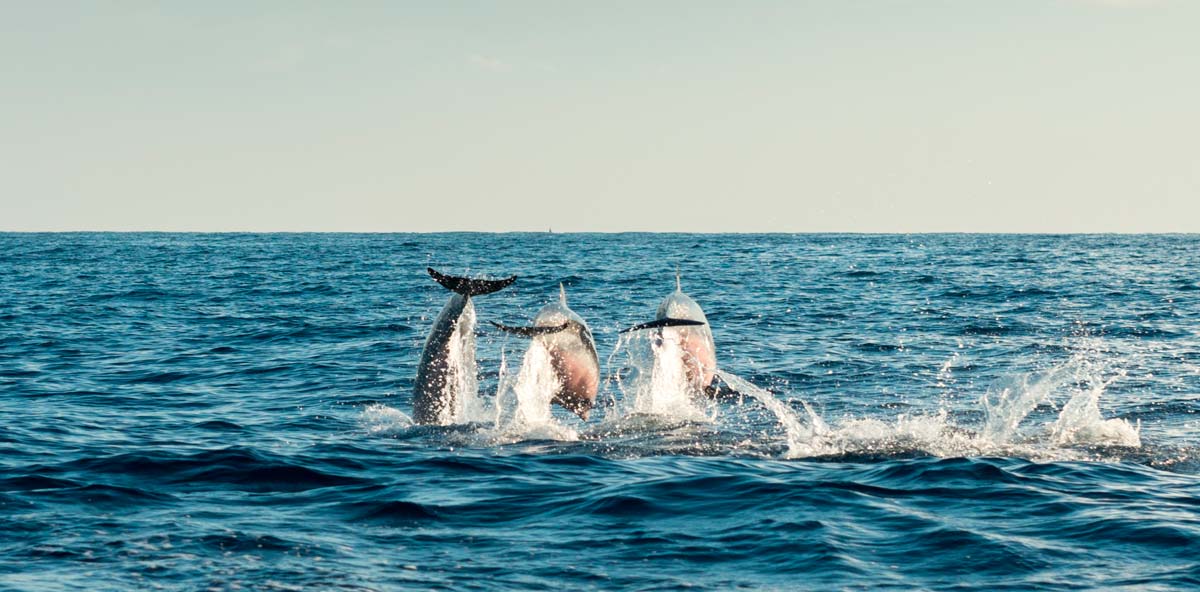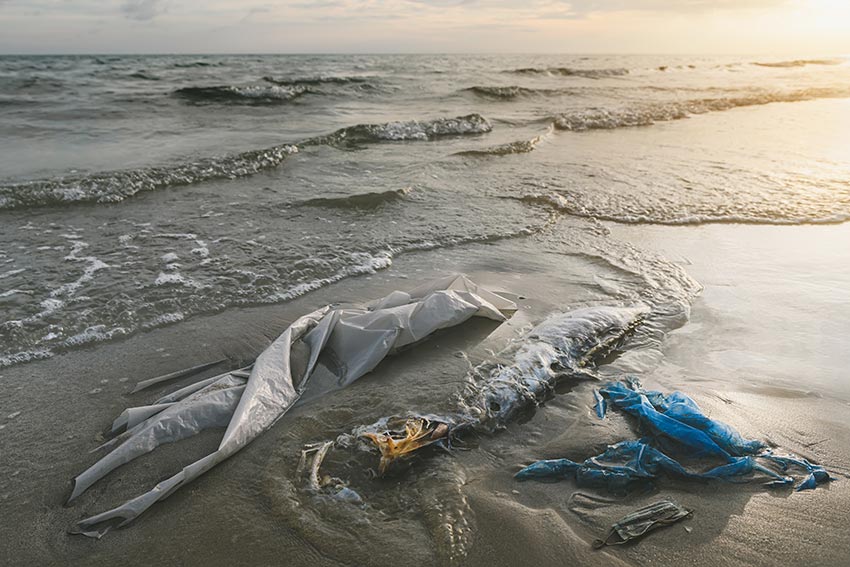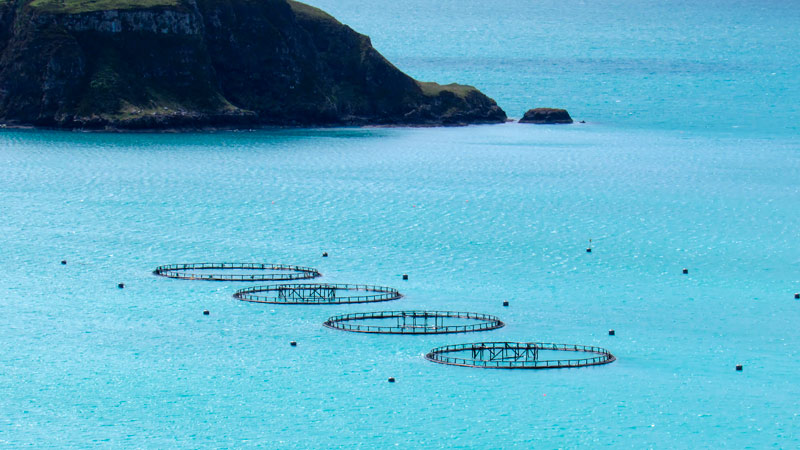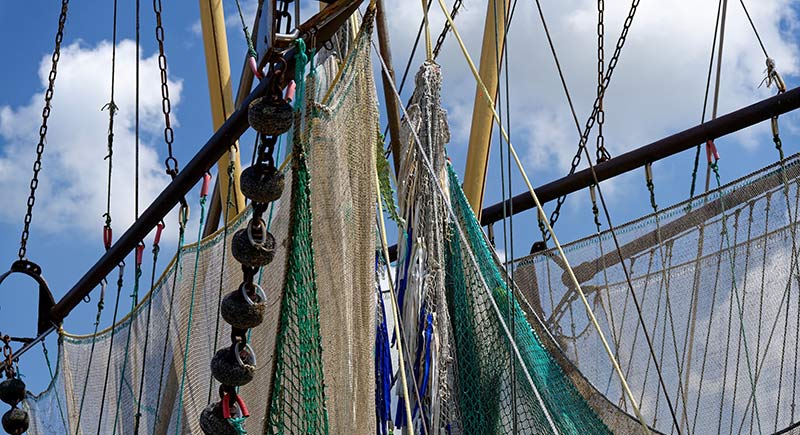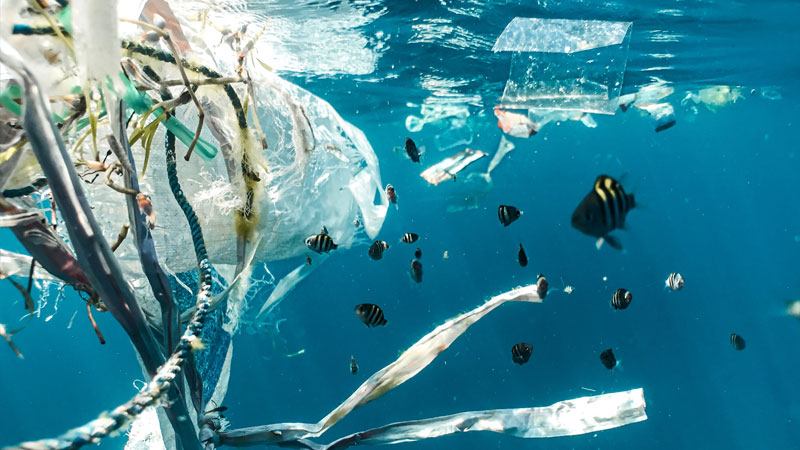SUMMER
Sustainable management of mesopelagic resources
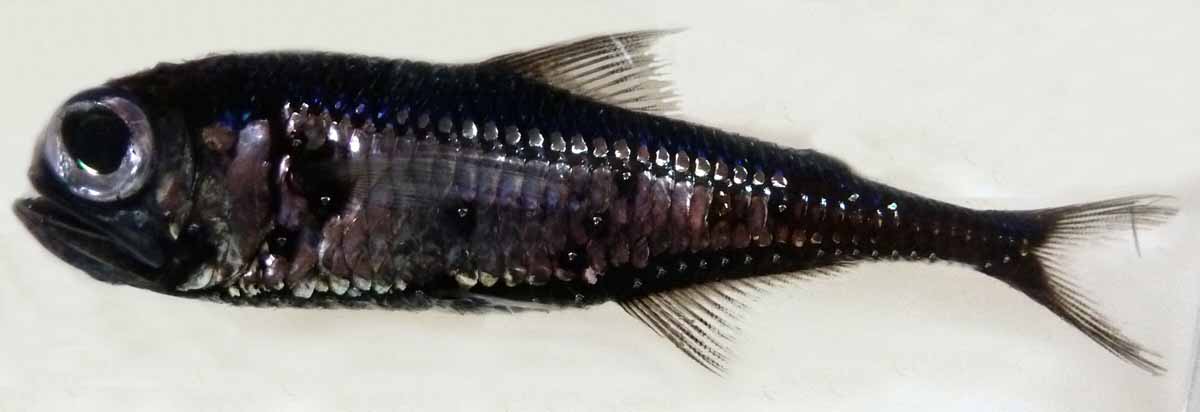
The mesopelagic layer is one of the least understood ecosystems on Earth. Recent research suggests that the fish biomass in the mesopelagic ecosystem might be 10 times higher than previously thought, and therefore represent 90 % of the fish biomass of the planet. However, this estimate is subject to a high degree of uncertainty in the fraction of the community that is fish. The potential high biomass has raised interest in its exploitation, mainly as a fish meal, but other potential exploitation pathways for high value compounds, such as nutraceuticals and pharmaceuticals, are possible. Nevertheless, if the biomass is as high as estimated, mesopelagic fish may play a key role in ecosystem services, such as sustaining other commercially relevant species and carbon sequestration.
SUMMER will establish a protocol to accurately estimate mesopelagic fish biomass, quantify the ecosystem services provided by the mesopelagic community (food, climate regulation and potential for bioactive compounds) and develop a decision support tool to measure the trade-offs between the different services.
Objectives
The overall objective of SUMMER is to evaluate whether and how mesopelagic resources can be exploited without compromising the essential ecosystem services they provide.
Specific objectives
- Determine the best combination of methods (including submersible broad-band acoustics, environmental DNA (eDNA) and scientific trawls) to obtain unbiased biomass and biodiversity estimates of the mesopelagic community.
- Estimate global abundance of mesopelagic fish based on a combination of the developed methods and models.
- To quantify the bycatch and impact on biodiversity of fishing
- To measure the role of mesopelagic organisms in the vertically integrated food web, its “service” as food for commercially fished species, deep-sea species and emblematic species and to model the effects of different fishing scenarios on trophic network stability
- To estimate the carbon sequestration due to active migration relative to the gravitational flux and to model the effects of different fishing scenarios
- To explore the potential of mesopelagic organisms for pharmaceutical and nutraceutical products, processed human food and animal feed, and to evaluate the intangible value of the ecosystem for production of high-value products
- To provide a holistic assessment of the services provided by the mesopelagic ecosystem and to establish trade-offs and tipping points between different services under different fishing harvest rates scenarios
- To engage managers, stakeholders and society on defining strategies and associated risks to use mesopelagic resources, proposing strategies for its sustainability
Project Data
| Partners: |
AZTI (coordination) and 22 research centres and companies worldwide. |
| Funding: |
European Comission, DG Research. H2020 |
| Duration |
2019-2023 |
